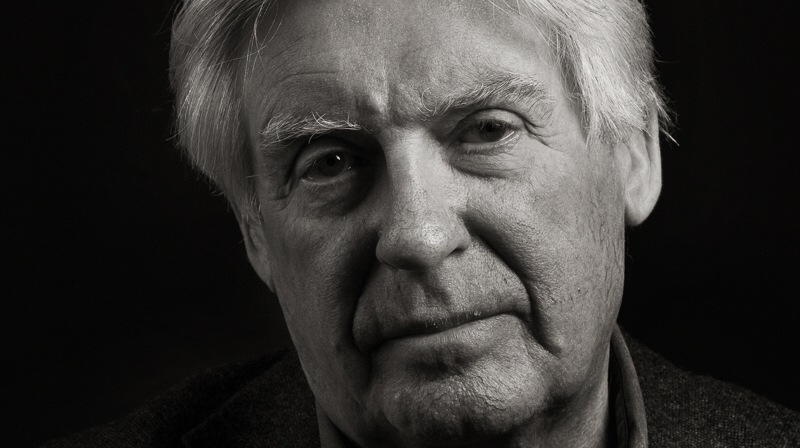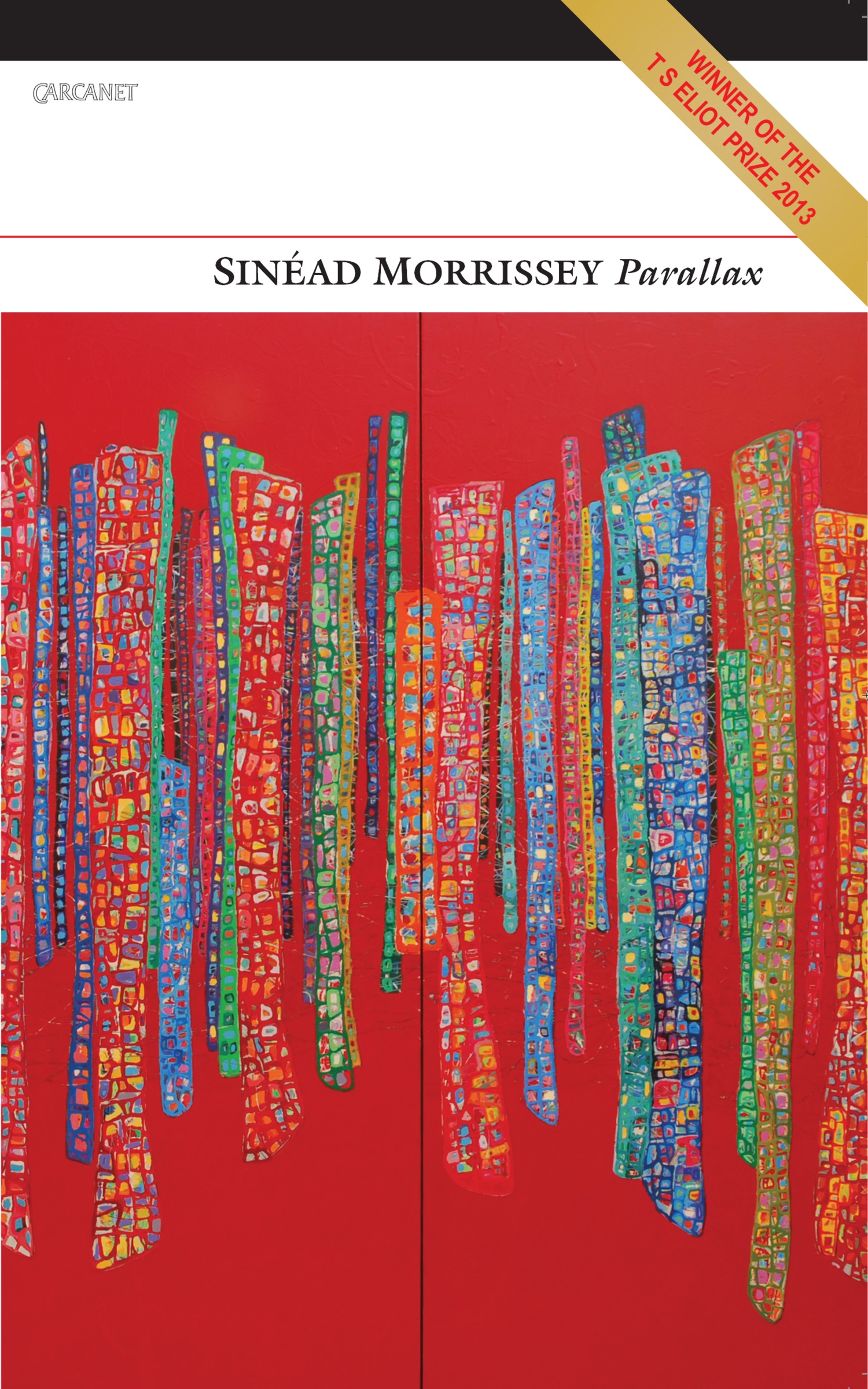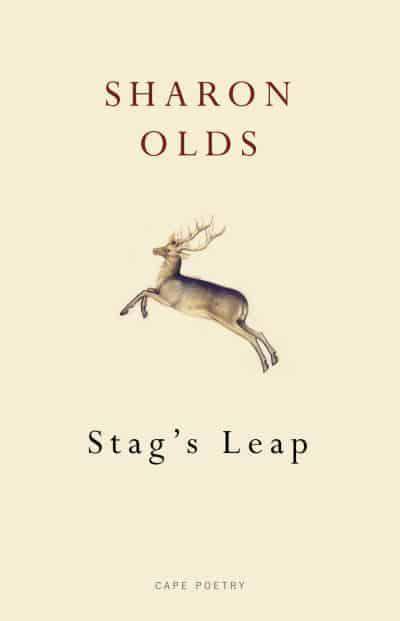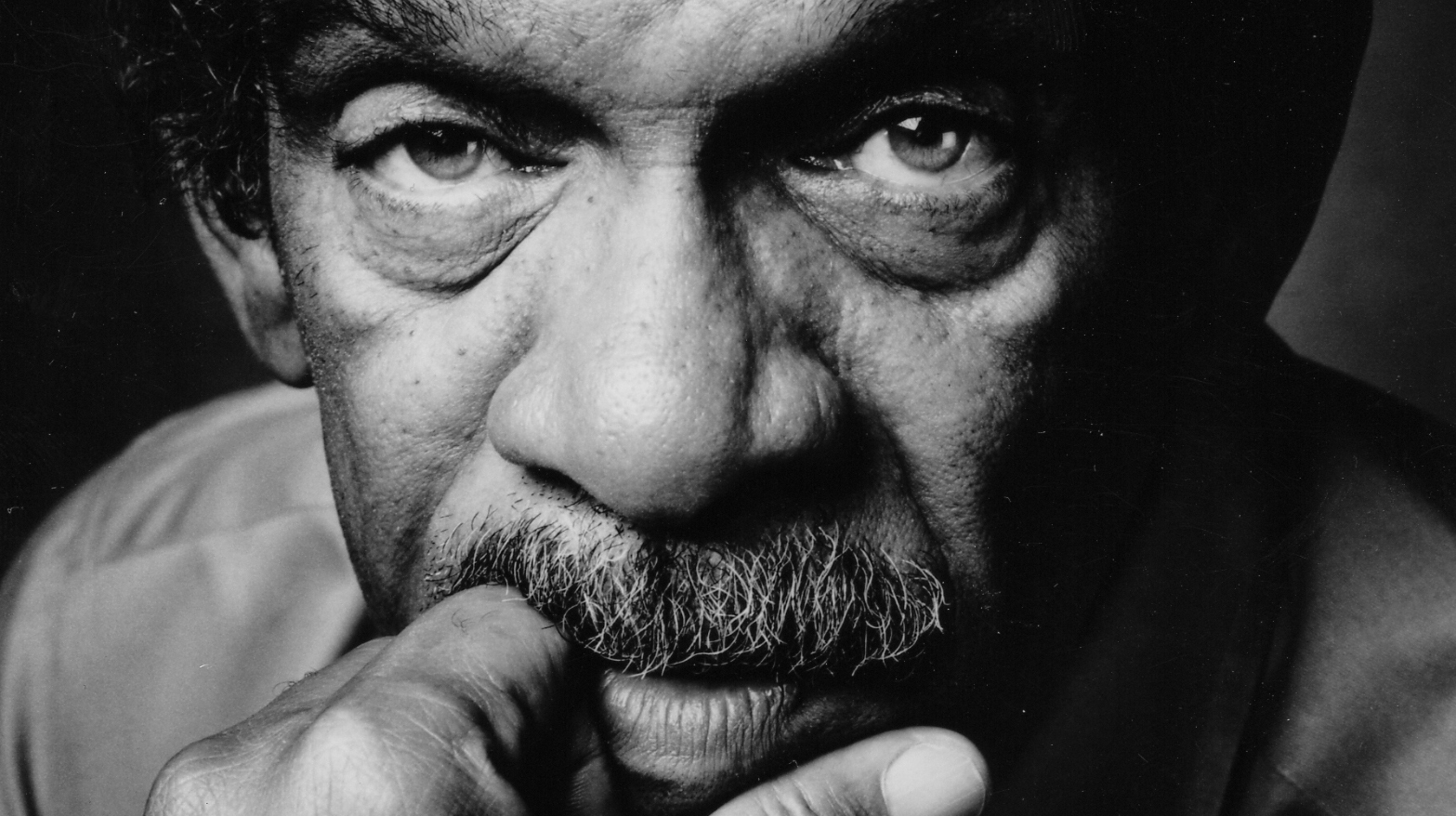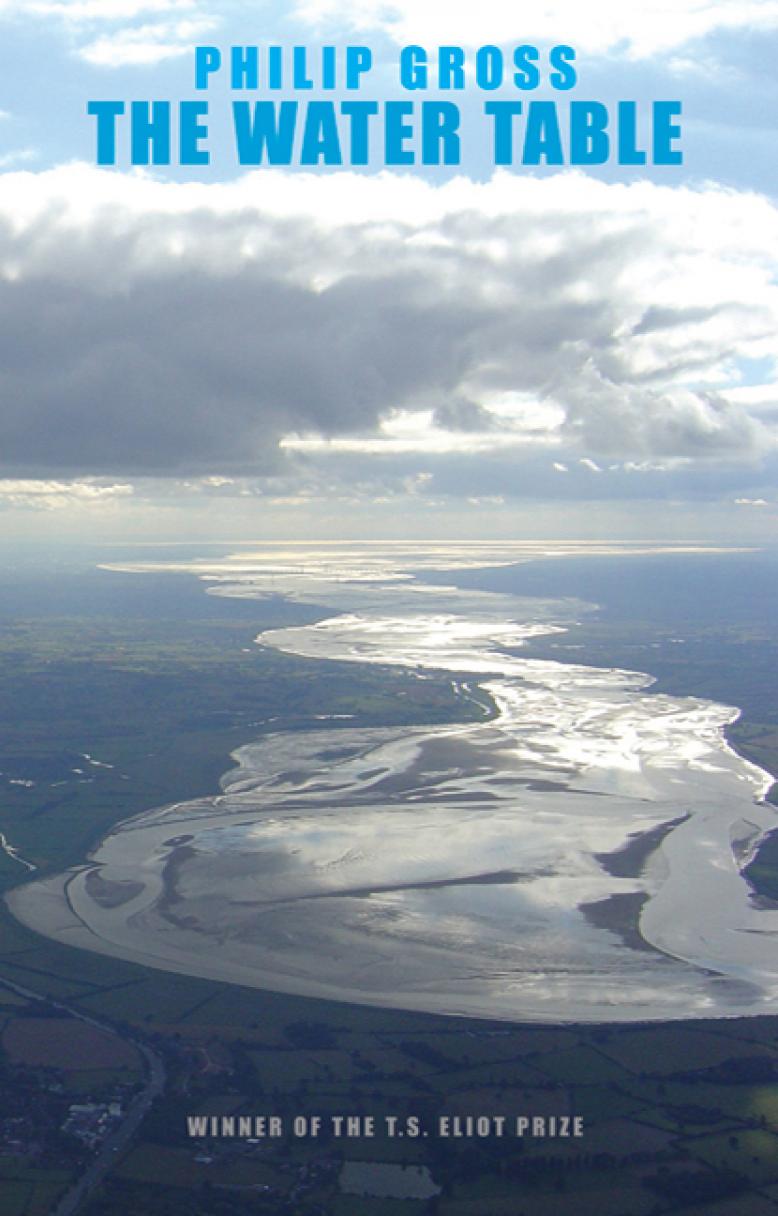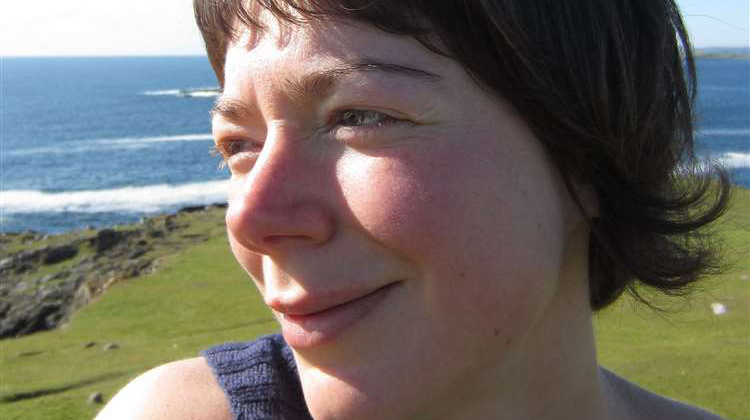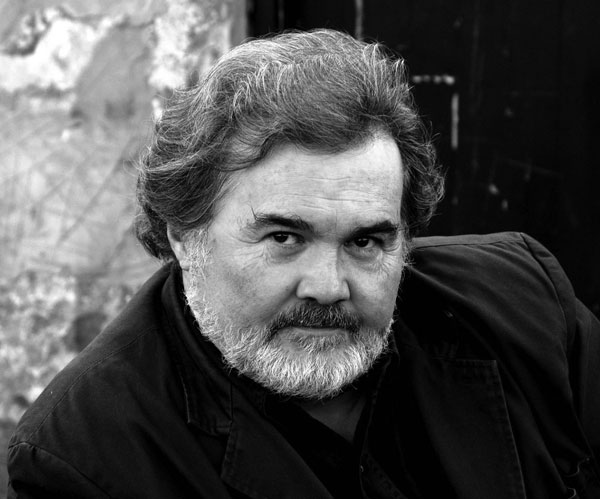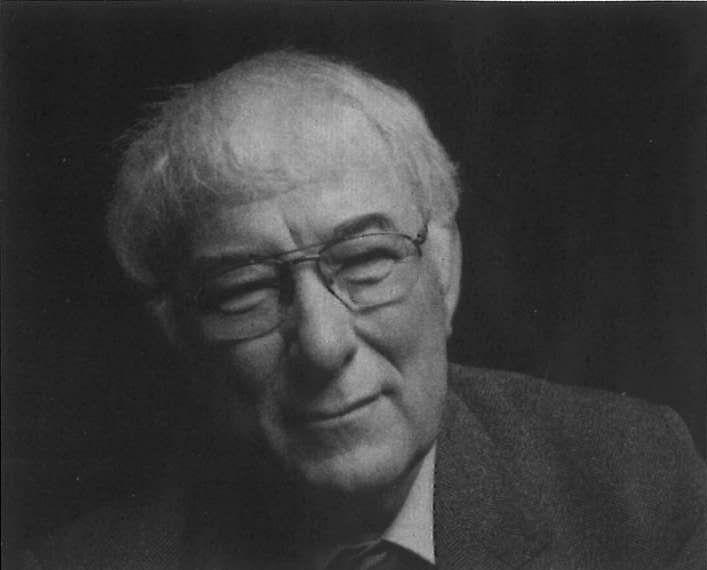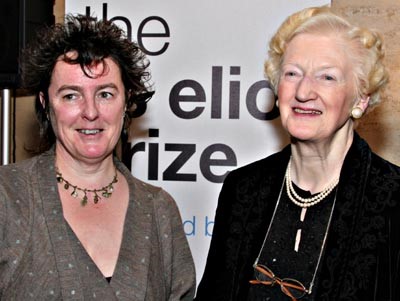winner
This article on the T. S. Eliot Prize was first published on the Poetry Book Society website in 2015. The Poetry Book Society is delighted to announce that the winner of the T. S. Eliot Prize for Poetry 2014 is David Harsent’s Fire Songs, published by Faber & Faber....
This article on the T. S. Eliot Prize was first published on the Poetry Book Society website in 2014. The Poetry Book Society is delighted to announce that the winner of the T. S. Eliot Prize for Poetry 2013 is Parallax by Sinéad Morrissey, published by Carcanet Press. This...
This article on the T. S. Eliot Prize was first published on the Poetry Book Society website in 2013. The Poetry Book Society is delighted to announce that Sharon Olds has won the T. S. Eliot Prize for Poetry 2012 with Stag’s Leap, published by Cape Poetry. She is...
This article on the T. S. Eliot Prize was first published on the Poetry Book Society website in 2012. The Poetry Book Society is delighted to announce that John Burnside has won the T. S. Eliot Prize for Poetry 2011 with Black Cat Bone, published by Cape Poetry. The...
This article on the T. S. Eliot Prize was first published on the Poetry Book Society website in 2011. The Poetry Book Society is delighted to announce that Derek Walcott has won the T. S. Eliot Prize for Poetry 2010 with White Egrets, published by Faber & Faber. The...
This article on the T. S. Eliot Prize was first published on the Poetry Book Society website in 2010. Congratulations to Philip Gross for winning the T. S. Eliot Prize 2009 with The Water Table (Bloodaxe Books). The other poets on the shortlist were: The Sun-fish – Eiléan Ní Chuilleánain...
This article on the T. S. Eliot Prize was first published on the Poetry Book Society website in 2009. Congratulations to Jen Hadfield for winning the T. S. Eliot Prize 2008 for Nigh-No-Place (Bloodaxe Books). The other poets on the shortlist were: Moniza Alvi for Europa (Bloodaxe Books) Peter...
This article on the T. S. Eliot Prize was first published on the Poetry Book Society website in 2007. The Poetry Book Society is pleased to announce that the winner of the T. S. Eliot Prize for the best single-author collection of poetry published in 2006 is: Seamus Heaney, for...
This article on the T. S. Eliot Prize was first published on the Poetry Book Society website in 2006. The Poetry Book Society is pleased to announce that the winner of the T. S. Eliot Prize for the best single-author collection of poetry published in 2005 is Carol Ann Duffy, for...
